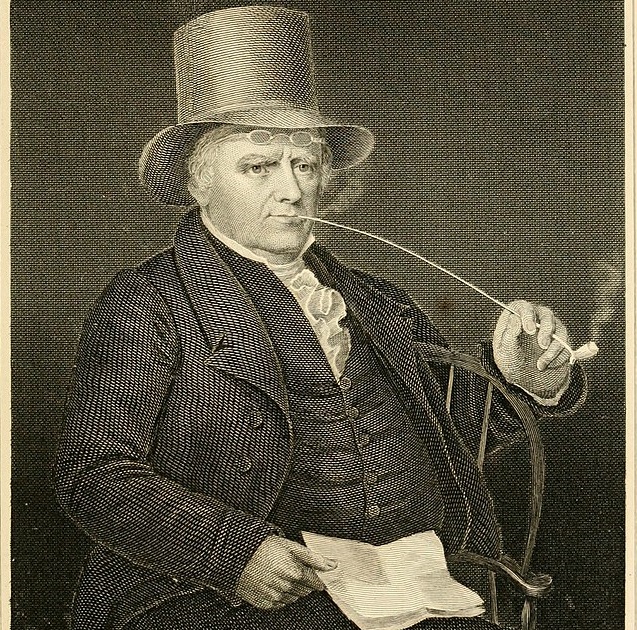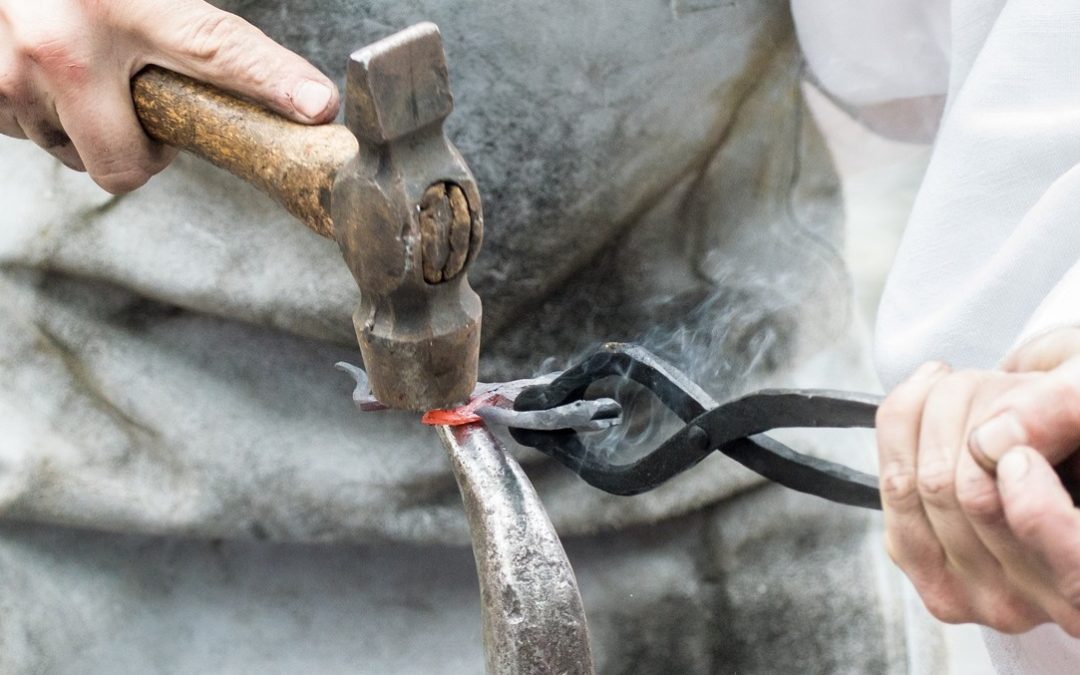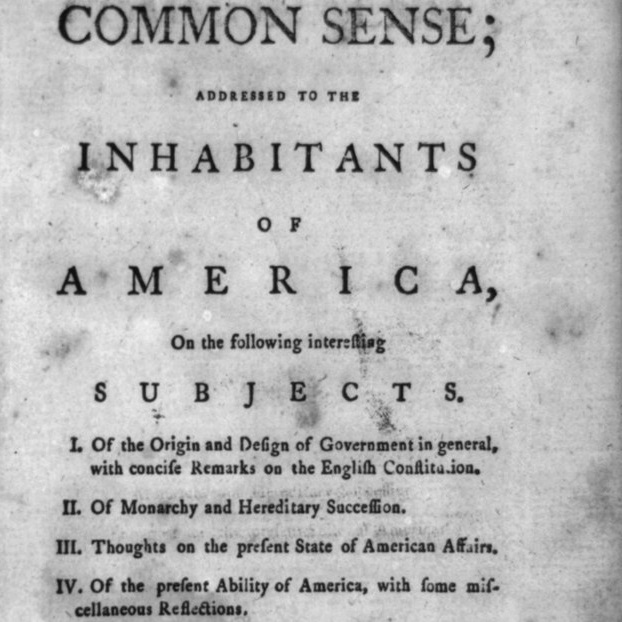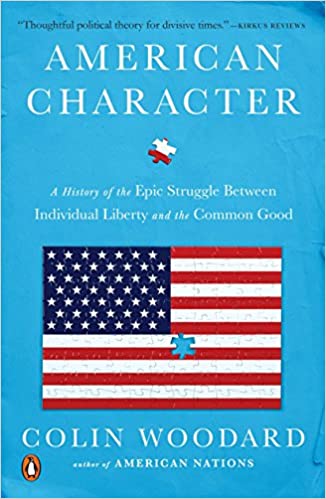
by Richard Subber | Jul 22, 2022 | American history, Book reviews, Books, Democracy, History, Politics, Power and inequality
Partisan politics, just like today…
Book review:
A Magnificent Catastrophe:
The Tumultuous Election of 1800,
America’s First Presidential Campaign
by Edward J. Larson
New York: Free Press, 2007
A Magnificent Catastrophe tells us about yet another nightmare in American history that we don’t know well enough.
Thomas Jefferson and John Adams went head to head in the first presidential campaign that was based on party politics and partisan venality and telling lies for political advantage.
In other words, just like today.
The election outcome in 1800 wasn’t clear cut—the politicians were at each other’s throats, and the public interest was lost in the shuffling.
Politics started getting its bad name more than 200 years ago.
* * * * * *
Book review. Copyright © Richard Carl Subber 2022 All rights reserved.
Book review: Forced Founders
by Woody Holton
The so-called “Founding Fathers”
weren’t the only ones
who helped to shape our independence…
–
Above all: Poems of dawn and more with 73 free verse poems,
and the rest of my poetry books are for sale on Amazon (paperback and Kindle)
and free in Kindle Unlimited, search Amazon for “Richard Carl Subber”
* * * * * *

by Richard Subber | May 23, 2022 | American history, Book reviews, Books, Democracy, History, Politics, Power and inequality, Revolutionary War
ordinary folks had a lot to do with it…
Book review:
The Urban Crucible:
Social Change, Political Consciousness,
and the Origins of the American Revolution
by Gary B. Nash
Cambridge, MA: Harvard University Press, 1979
The Urban Crucible is a densely researched and fully explored comparative history of the economic, social, and political environments in Boston, New York, and Philadelphia during the late 17th and early 18th centuries.
Here’s my hint: there was more well-informed “mob” action than you have read about in other histories.
The early colonial experiences in the three principal seaport towns are vividly contrasted and authoritatively explained. Nash candidly digs deep and deeper into a wide range of primary sources. The sins and the heroics of the leadership elite and the “leather apron” artisans and the anonymous working poor are examined in profoundly realistic historical context.
You can’t read The Urban Crucible and not learn a lot.
* * * * * *
Book review. Copyright © Richard Carl Subber 2022 All rights reserved.
Is the public interested in public interest news?
Isn’t news the new stuff you suddenly want to know?
–
In other words: Poems for your eyes and ears with 64 free verse and haiku poems,
and the rest of my poetry books are for sale on Amazon (paperback and Kindle)
and free in Kindle Unlimited, search Amazon for “Richard Carl Subber”
* * * * * *

by Richard Subber | Apr 16, 2022 | American history, Book reviews, Books, Democracy, History, Politics, Revolutionary War
He didn’t mention the “k” word…
Book review:
Common Sense
by Thomas Paine
Isaac Kramnick, ed., intro.
New York: Penguin Books, 1986
When I re-read a classic, I try to prepare myself for a couple “aha!” moments and one or two “uh oh!” moments.
I wasn’t disappointed in reading Common Sense this time.
Paine first published (anonymously) his 47-page “pamphlet” on January 10, 1776, after the shooting at Lexington-Concord and before the Declaration of Independence was approved.
Of course, everyone knows Paine argued for “independance” (his 18th century spelling).
This time around, it’s of interest to me to note that Paine very carefully avoided directly challenging King George III by name or even by spelling out his title—the text is full of “k—” references. Paine fully and explicitly described and condemned the bad things that old George was doing and likely to do.
Also, it’s of interest to me that Paine notably includes in his arguments for “independance” that America’s trade and international commerce would be buttressed by separation of the British colonies from Britain. He freely uses “America” and “Americans” in referring to the colonies and the colonists, although a huge majority of English colonists likely thought of themselves as “British” citizens.
Paine gives ample space to biblical themes.
Common Sense was widely and repeatedly republished in 1776 and thereafter—it was astoundingly popular in America, Britain, and elsewhere. Historians suspect that 75,000-100,000 copies were printed.
* * * * * *
Book review. Copyright © Richard Carl Subber 2022 All rights reserved.
The “dime novels” in the Civil War
Think “blood-and-thunder”…
–
My first name was rain: A dreamery of poems with 53 free verse and haiku poems,
and the rest of my poetry books are for sale on Amazon (paperback and Kindle)
and free in Kindle Unlimited, search Amazon for “Richard Carl Subber”

by Richard Subber | Nov 3, 2021 | American history, Book reviews, Books, Democracy, History, Politics
the “public watchdog,” as if…
Book review:
-30- The Collapse
of the Great American Newspaper
Charles M. Madigan, ed.
Chicago: Ivan R. Dee, Publisher, 2007
Madigan collected 15 commentaries on the continuing decline of the American newspaper industry and the woeful prospects for its improvement or survival.
The authors of Collapse do not offer predictions, but the adverse circumstances they describe as existing or possible seem all too real almost 15 years later.
Community newspapers have mostly disappeared or shriveled in vitality and importance.
Big city newspapers have been transformed into cash conduits by profit-seeking money managers, who as a group don’t care about doing or preserving the popular (and dubious) legacy concept of journalism as “a public watchdog.”
At every level of government, from township zoning hearing board to U.S. Congress, fewer and fewer reporters—or no reporters—are showing up to observe what’s going on and report it to a citizenry that historically has never wanted to pay the full cost of getting “the news.”
The basic business model of newspaper owners today is: soak the aging, shriveling group of home delivery subscribers for as much as they will pay, and soak the shriveling group of newspaper advertisers for as much as they will pay, for as long as they’re willing to pay. One by one, newspapers are disappearing.
For example, the seven-day home delivery price of The Boston Globe is about $25/week, or almost $1,300/year.
Do you remember how much a newspaper cost when you were a kid?
* * * * * *
Book review. Copyright © Richard Carl Subber 2021 All rights reserved.
We Were Soldiers Once…and Young
…too much death (book review)
Lt. Gen. Harold G. Moore (ret.)
and Joseph L. Galloway
–
My first name was rain: A dreamery of poems with 53 free verse and haiku poems,
and the rest of my poetry books are for sale on Amazon (paperback and Kindle)
and free in Kindle Unlimited, search Amazon for “Richard Carl Subber”
* * * * * *

by Richard Subber | Nov 1, 2021 | Democracy, Politics, Tidbits
“…a dope pusher’s argument.”
“Is news what the public is interested in
or what’s in the public interest?…
This business of giving people what they want
is a dope pusher’s argument.
News is something people don’t know they’re interested in
until they hear about it.
The job of a journalist is to take what’s important
and make it interesting.”
from -30- The Collapse of the Great American Newspaper
Charles M. Madigan, ed.
Chicago: Ivan R. Dee, Publisher, 2007
p. 121
Too much of the media is focused on making money by entertaining everyone—
it’s not about journalism any more.
Mostly, if you want news, you have to search for it.
* * * * * *
Copyright © Richard Carl Subber 2021 All rights reserved.
A quote from General Custer
Hint: something to do with Indians…
–
Above all: Poems of dawn and more with 73 free verse poems,
and the rest of my poetry books are for sale on Amazon (paperback and Kindle)
and free in Kindle Unlimited, search Amazon for “Richard Carl Subber”
* * * * * *

by Richard Subber | Feb 12, 2021 | American history, Book reviews, Books, Democracy, History, Power and inequality
…doing more good in America…
Book review:
American Character:
A History of the Epic Struggle
Between Individual Liberty and the Common Good
Colin Woodard (b1968)
Journalist
New York: Viking, 2016
308 pages
American Character is intuitive and informative analysis of what makes Americans tick, politically.
Woodard says we need to promote “fairness” in all its meanings if we want a shot at changing the success stories of Trump/laissez fair Republicans/Tea Party/the oligarchs. I reluctantly use the word “fairness” without any pretense of conveying the fullness of his meaning. It means a lot, in different ways—seriously, meaningfully, it’s different strokes for different folks.
I’m pretty sure that I’m gonna read American Character again.
It’s easy to understand what Woodard is saying. He offers a sane and credible strategy for doing more good in America for all Americans.
* * * * * *
Book review. Copyright © Richard Carl Subber 2021 All rights reserved.
How does a poem end?
“Finis,” my final thoughts (my poem)
–
Above all: Poems of dawn and more with 73 free verse poems,
and the rest of my poetry books are for sale on Amazon (paperback and Kindle)
and free in Kindle Unlimited, search Amazon for “Richard Carl Subber”
* * * * * *




